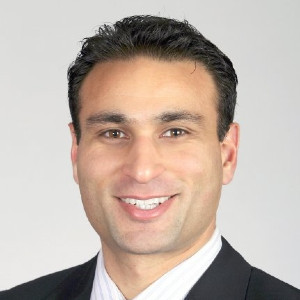There are many sources u can use e.g.
1. Mental Maths Tool from Preplounge
2. Mental Maths Tool from Victor Cheng
3. GMAT Questions
4. IQ Test also include mental maths questions e.g. solving basic equations
But for basic mental maths the tool on PL and the tool of VC are sufficient. Besides of this u should also make sure that u know how to solve more complicated caluculations on a piece of paper. Good luck with ur prep.






















